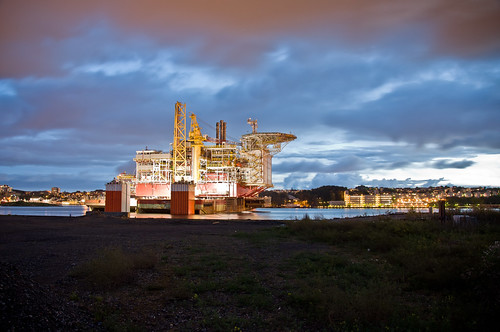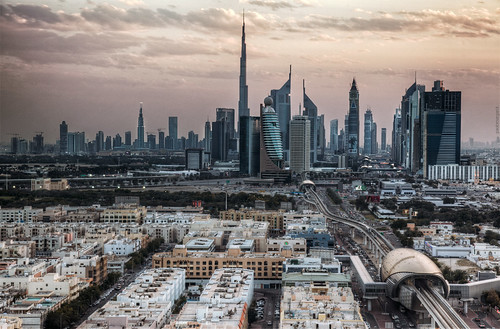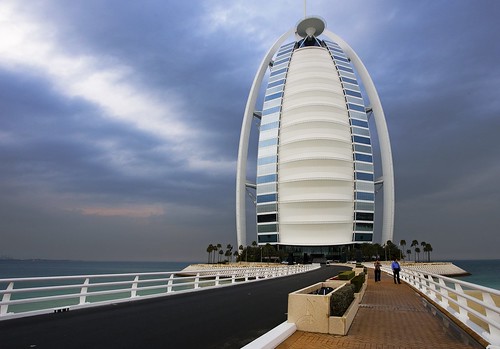Over the last ten years many
financial centres have risen and fallen throughout the Middle Eastern
countries. Formerly, Beirut was considered the area’s banking centre and also
Manama was once viewed as the most reliable financial hub throughout the Gulf
region. However, due to political instability they experienced during the years
both hubs have suffered tremendously. Problems of credibility have surfaced due
to their unstable infrastructure leaving investors, bankers and business people
with no choice than moving on.
At present, Dubai InternationalFinancial Centre (DIFC) is considered as the top financial hub. The DIFC opened
in 2004 and is now the home to hundreds of registered companies that focus on
services. The DIFC’s success is attributed to its stable regulatory structure,
which consists of a court system founded on international common legislation,
Dubai’s stable and strong infrastructure and its strategic position as a
regional centre of trade, tourism and other business orientated sectors.
Nonetheless, it
is safe to say that generally the financial industry is known to be
inconsistent, and companies are always in search of anything that may offer
even the slightest advantage. Today, there are many emerging hubs trying to
attract banks, investors and other business companies away from Dubai.
One of Dubai’s
most promising competitors is the Qatar Financial Centre (QFC).
QFC is not totally considered as a free trade zone, but it offers the majority
of benefits Dubai’s free zone offers. Licensed firms are at liberty to conduct
business both inside and outside of Qatar, and they are not limited to a
specific location in Doha. QFC also offers low tax rates and its legal system,
as DIFC, is founded on English common legislation.
Previously, the QFC concentrated on just a few
principal sectors like asset management, reinsurance and captive insurance.
Today, the QFC’s focus seems to be changing, and is attempting to explore new
sectors, especially non-financial service companies that do not need the QFC
Regulatory Authority’s approval and
permission to operate, nor does it have to regulate the companies. A
representative of QFC recently stated that over the past year the QFC has
registered an increased amount of non-regulated firms which consist of business
and professional services, management offices, company headquarters, trust and
holding companies.
Abu Dhabi’s new financial hub will be a foil
to Dubai. It is a fact the two leading emirates are Abu Dhabi and Dubai, which
generate most of the UAE’s economy. Consequently if one of the two emirates
thrives, the other will follow and vice versa of course.
Naturally, there will be economic sectors that
both Abu Dhabi and Dubai will offer since both financial hubs aim to cover a
diverse variety of services. However, differentiation between the two hubs will
also exist. For instance Abu Dhabi will specialise and focus on oil, gas,
commodity trade and currency, which are the sectors it knows best. Its financial
influence and affluent wealth may also appeal to leading financial companies
especially in the fields of asset management, private banking and brokerage.
These results should offer a real enhancement
to the new region and Riyadh’s financial industry. Conversely speaking, the
region has a thriving regional financial hub that can sustain itself. This is
the reason the Saudi authorities have not shown great eagerness concerning the
creation of a new regional financial hub.



